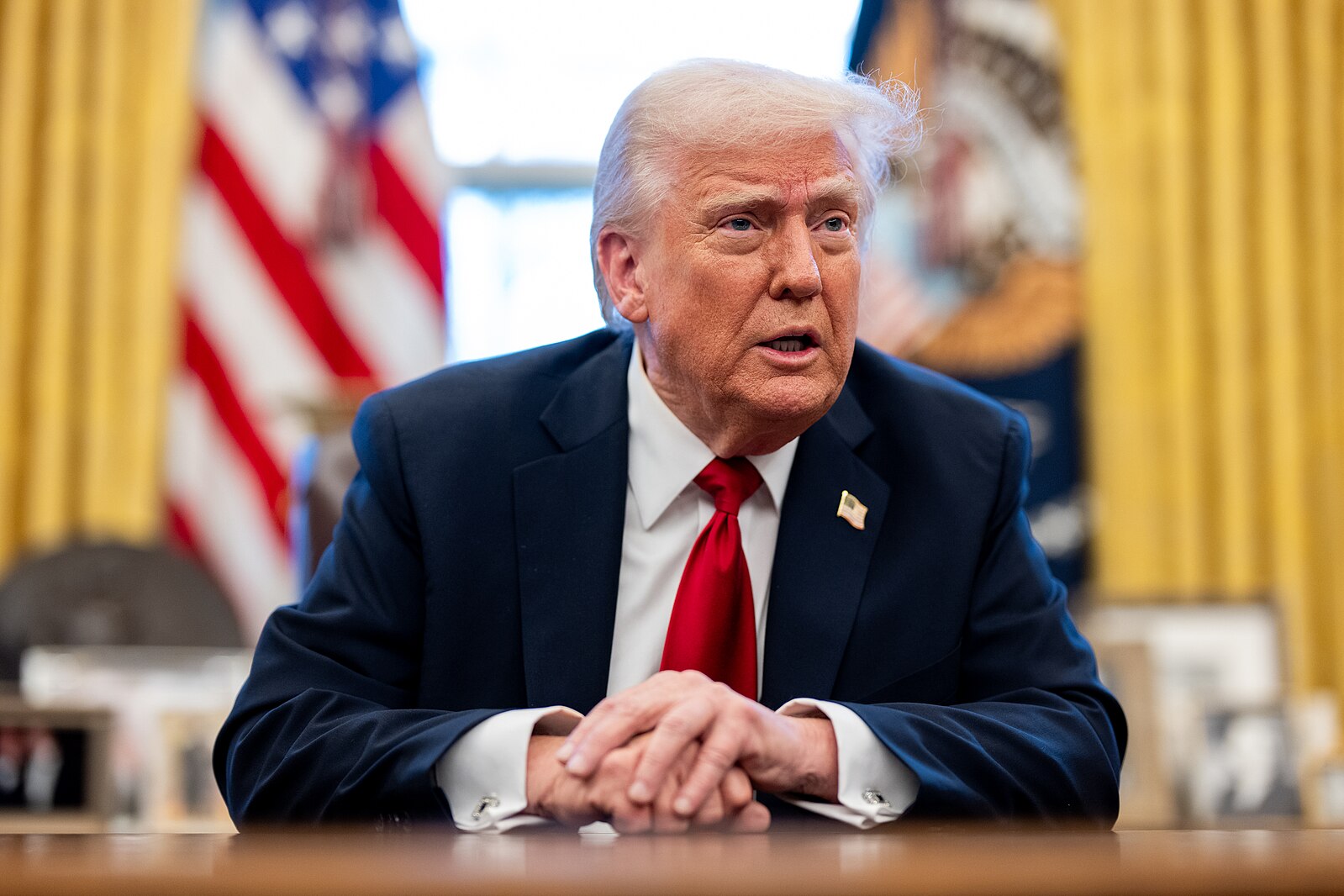Politics
Trump Claims Tariffs Brought In ‘Trillions’: Here’s How Much Has Actually Been Collected
By Jake Beardslee · August 31, 2025

President Donald Trump said Sunday that his tariffs have generated “trillions of dollars” for the United States, even as official government data shows revenues remain far lower and a federal appeals court has ruled that key aspects of his trade policy exceeded presidential authority.
“Without tariffs, and all of the TRILLIONS OF DOLLARS we have already taken in, our Country would be completely destroyed, and our military power would be instantly obliterated,” Trump wrote on Truth Social. Earlier this month, he added that “trillions of dollars are being taken in on tariffs” and insisted the levies “have not caused inflation, or any other problems for America, other than massive amounts of CASH pouring into our Treasury’s coffers.”
In reality, tariffs are paid by U.S. importers on foreign goods, with costs often passed to consumers. Treasury Department data shows the U.S. has collected $142 billion in tariff revenue so far this fiscal year, which ends in September. Since Trump’s tariffs took effect in April, the measures have generated roughly $96 billion, with monthly customs duties rising sharply to $28 billion in July from $8 billion in March.
Trump’s comments came after the U.S. Court of Appeals ruled Friday that he overstepped his authority when imposing reciprocal tariffs, saying such power is a “core Congressional power” not delegated to the executive branch. The ruling, which takes effect October 14, gives the administration time to appeal to the Supreme Court.
Treasury Secretary Scott Bessent has projected that tariff revenue could reach $300 billion annually by 2026, while the Tax Foundation estimates the levies could raise $2.5 trillion over the next decade. The Committee for a Responsible Federal Budget projects an even larger $2.8 trillion boost to GDP by 2034. Economists warn, however, that households will feel the cost: average taxes are expected to rise by $1,300 in 2025 and $1,700 in 2026 due to higher consumer prices.
Inflation stood at 2.7% in July, lower than expected, but core prices excluding food and energy rose 3.1% year-over-year. Federal Reserve Chair Jerome Powell said the effects of Trump’s trade policies on inflation “remain to be seen.”
Trump has also signaled interest in using tariff revenues to fund rebate checks for Americans. Sen. Josh Hawley (R-Mo.) introduced a bill that would send $600 to each eligible adult and dependent child, with larger payments possible if revenues exceed forecasts. The proposal has not yet been considered in Congress.